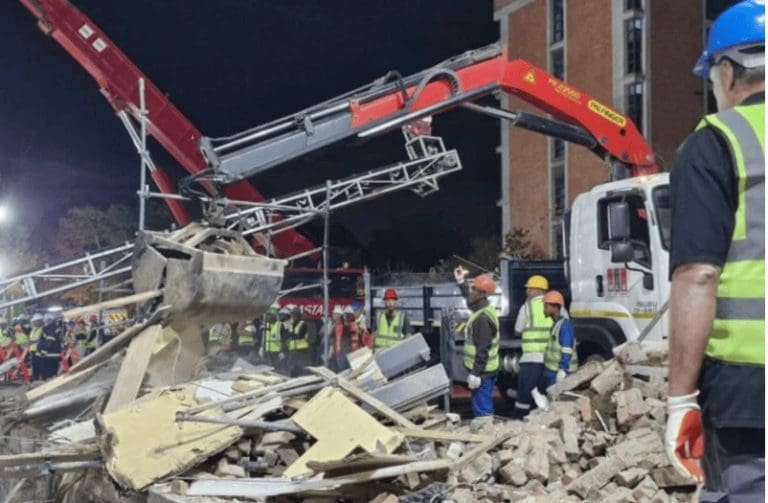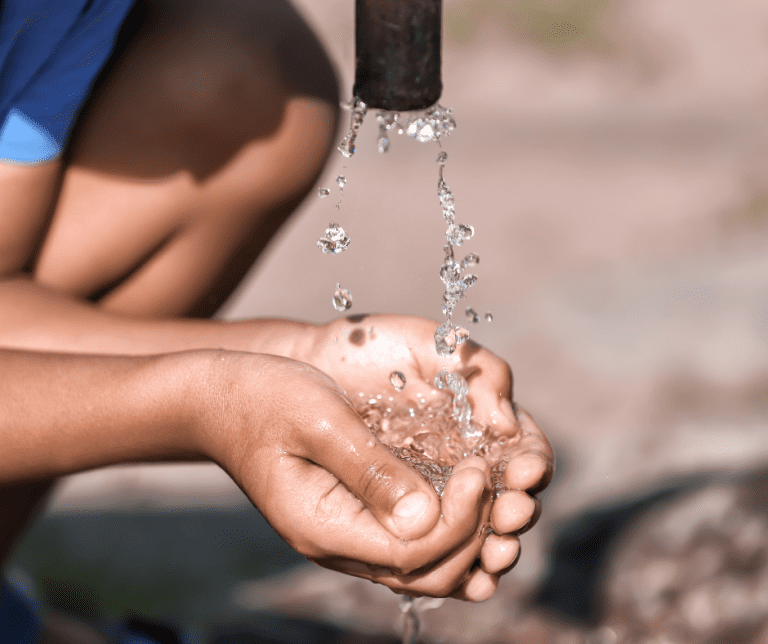The Department of Social Development has strongly condemned a heinous crime involving the tragic death of a 45-year-old woman, who was fatally shot by her husband while attending a church service. This distressing incident unfolded in Makonde Shadani village, situated outside Thohoyandou in the province of Limpopo.
Expressing grave concern over the appalling act, Joshua Kwapa, the spokesperson for the department, vehemently denounced the murder. He urged members of the community to come forward with any pertinent information that could aid law enforcement in apprehending and prosecuting the perpetrator. Additionally, Kwapa emphasized the department’s swift response, dispatching a team of social workers to extend psychosocial support to the bereaved family. Assurances were given that ongoing support would be provided to assist the family in coping with the aftermath of this brutal tragedy.
In another tragic incident, a 50-year-old man has been apprehended in connection with the killing of his 18-year-old son in Kariega, located in the Eastern Cape region. According to Sandra Janse van Rensburg, the police spokesperson, the authorities were alerted after Bryton Engelbreght was rushed to the hospital with a fatal stab wound to his back. The father, who surrendered himself to the authorities, is now facing a murder charge.
The occurrences of domestic violence resulting in fatalities are profoundly distressing and underline the urgent need for societal vigilance and support mechanisms. Such incidents not only shatter families but also send shockwaves through communities, prompting calls for collective action to prevent future tragedies.
The Department of Social Development’s condemnation of these horrific acts underscores the government’s commitment to combating domestic violence and providing assistance to those affected. By mobilizing resources and support networks, authorities aim to address the root causes of such violence and ensure that perpetrators are brought to justice.
Furthermore, community involvement and cooperation are pivotal in facilitating the detection and prevention of domestic violence. Encouraging individuals to report any signs of abuse or suspicious behavior can contribute significantly to early intervention and the protection of potential victims.
In light of these distressing events, there is a pressing need for increased awareness campaigns and educational initiatives aimed at fostering a culture of respect, equality, and non-violence within families and communities. By promoting healthy relationships and empowering individuals with the knowledge and resources to seek help, society can work towards creating safer environments for all.
Moreover, addressing the systemic issues that contribute to domestic violence, such as gender inequality, economic hardships, and inadequate support services, is paramount in effecting meaningful and sustainable change. This necessitates a multi-faceted approach that involves collaboration between government agencies, non-governmental organizations, and civil society to implement comprehensive strategies for prevention, intervention, and support.
In addition to legal consequences for perpetrators, there must be a concerted effort to provide victims with the necessary support and resources to rebuild their lives. This includes access to shelters, counseling services, legal aid, and financial assistance to empower survivors to break free from abusive situations and reclaim their autonomy.
Furthermore, efforts to address the societal attitudes and norms that perpetuate violence against women and children are essential for creating a culture of zero tolerance towards domestic abuse. This requires challenging harmful stereotypes, promoting gender equality, and fostering empathy and respect within communities.
Education plays a crucial role in preventing domestic violence by equipping individuals with the knowledge and skills to recognize and challenge abusive behavior. Schools, universities, and community organizations can play a vital role in promoting healthy relationships, consent, and conflict resolution from an early age.
Additionally, bystander intervention programs can empower individuals to safely intervene and support those at risk of harm. By encouraging bystanders to speak out against abusive behavior and offer assistance to victims, communities can create a network of support and solidarity against domestic violence.
In conclusion, the recent incidents of domestic violence resulting in tragic fatalities serve as a stark reminder of the urgent need for concerted action to address this pervasive societal issue. By condemning such acts, providing support to those affected, and implementing comprehensive prevention strategies, society can work towards creating safer and more equitable communities for all. It is only through collective efforts and unwavering commitment that we can hope to end the cycle of domestic violence and create a future free from fear and harm.










































